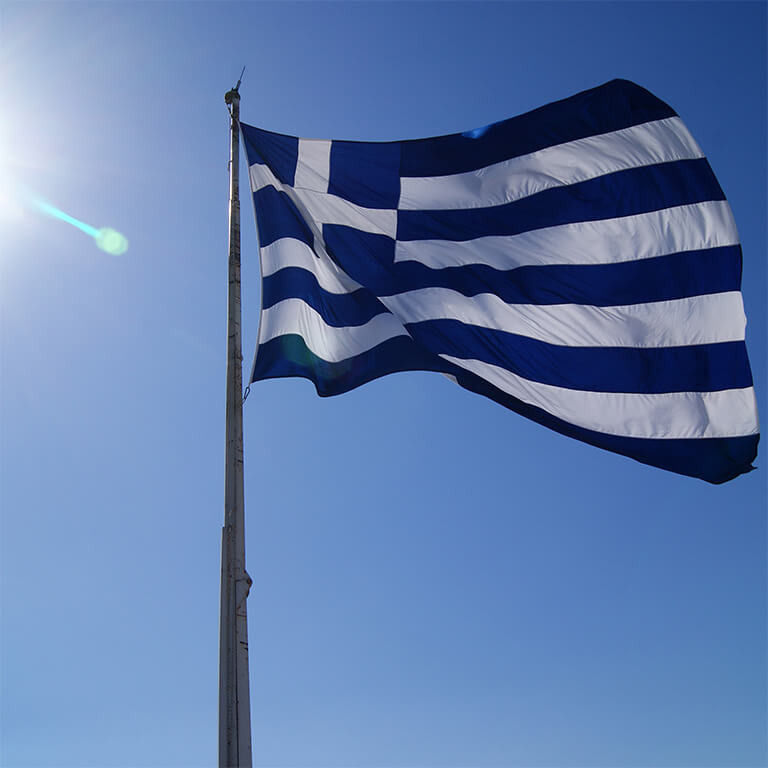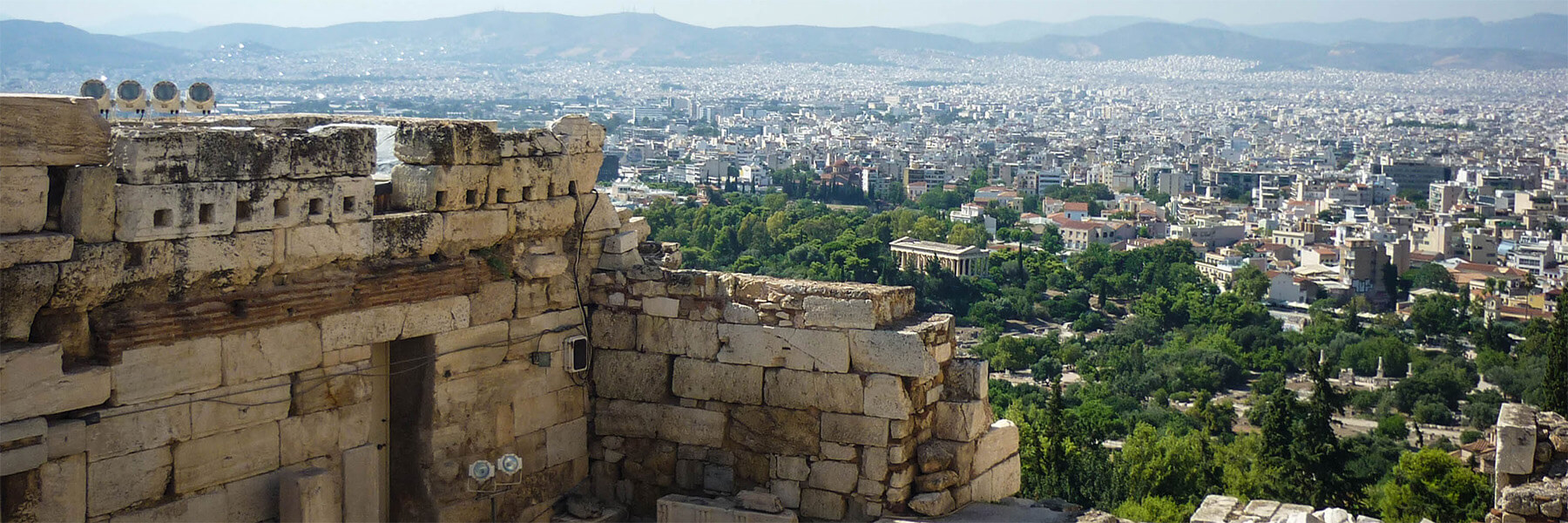The Modern Greek Program is an interdisciplinary program housed in the Institute for European Studies. We offer courses in Greek language, culture, and history to both undergraduate and graduate students. As part of our mission, we also organize lectures, conferences, film screenings, and concerts for students, faculty, and the community.
You can study Modern Greek language and culture
Our Minor in Modern Greek
The Modern Greek Program offers an undergraduate minor in Modern Greek. The minor requires at least 15 credit hours, including the requirements listed below. Additional information can be found in the degree bulletin.
- Intermediate Modern Greek I. One (1) course:
- EURO-E 200 Intermediate Modern Greek I
- Intermediate Modern Greek II. One (1) course:
- EURO-E 250 Intermediate Modern Greek II: An Introduction to Modern Greek Culture
- Advanced Modern Greek I. One (1) course:
- EURO-E 300 Advanced Modern Greek I: Cultural Literacy and Current Events
- Electives. Six (6) credit hours:
- EURO-E 350 Advanced Modern Greek II: Literature, History, and Cinema i
- EURO-E 406 Topics in Modern Greek Culture
- EURO-W 405 Special Topics in European Studies
- EURO-W 406 Special Topics in European Studies
- ARTH-A 425 Heaven on Earth: Art and the Church in Byzantium
- Minor GPA, Hours, and Minimum Grade Requirements.
- Minor GPA. A GPA of at least 2.000 for all courses taken in the minor—including those where a grade lower than C- is earned—is required.
- Minor Minimum Grade. Except for the GPA requirement, a grade of C- or higher is required for a course to count toward a requirement in the minor.
- Minor Upper Division Credit Hours. At least 9 credit hours in the minor must be completed at the 300–499 level.
- Minor Residency. At least 9 credit hours in the minor must be completed in courses taken through the Indiana University Bloomington campus or an IU-administered or IU co-sponsored Overseas Study program.



Study abroad in Greece
IU's Modern Greek Program offers a study abroad course, W406: Food Cultures of Greece, through the Office of Overseas Study. The course invites students to explore Greek culture through historical and anthropological encounters with its food cultures. Beginning historically, the course explores the dietary habits of Classical antiquity and the Byzantine Empire. It then examines how the discovery of the Americas and the Turkish conquest of Byzantium influenced the Mediterranean diet. With this historical foundation in place, the course then investigates how more recent events—the Nazi occupation of Greece during WW II, globalization, EU membership and the economic crisis—have affected Greece’s food culture. The topics explored include: the Mediterranean diet, health, longevity, and modernity; Greece, the graveyard of American fast food restaurants; the curious story of Scotch whiskey, a Greek national passion; feta and the European Union; and food, protest, survival, and the crisis. The course will feature field trips to restaurants, farmers’ markets, museums, wineries, olive oil producers, and food cooperatives.
IU’s Office of Overseas Study also offers IU-affiliated programs during the summer and academic year at the College Year in Athens, an organization that specializes in offering courses in the classics, history, and social sciences. Students can study for one or two summer terms, for a semester, or for an entire. Additionally, the Kelley School offers an exciting study abroad opportunity for business majors, Business X-272 Global Business Immersion, Business Culture in Greece.
Being in Greece allowed me to experience the language and the culture on its own terms.
Richard Barrett


